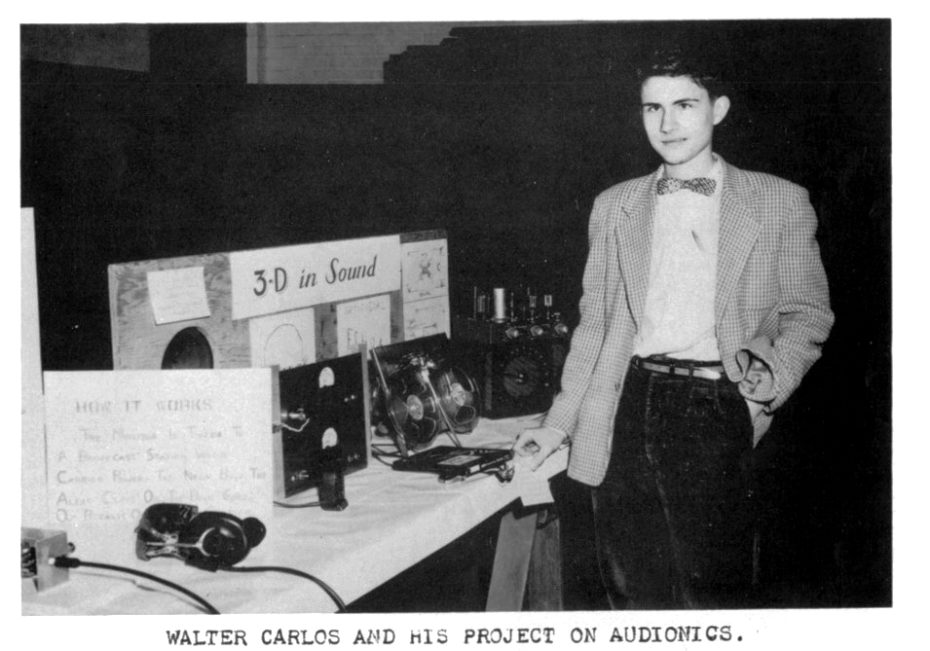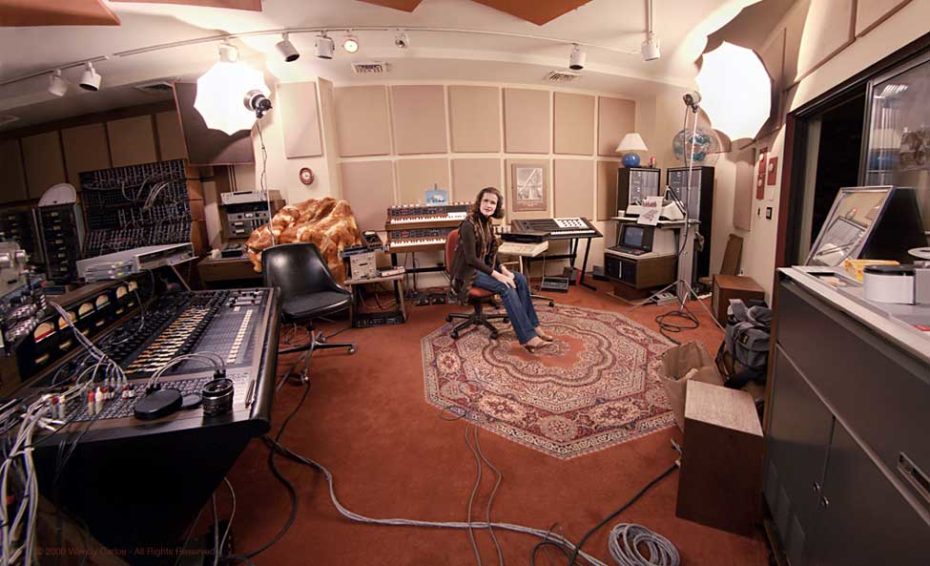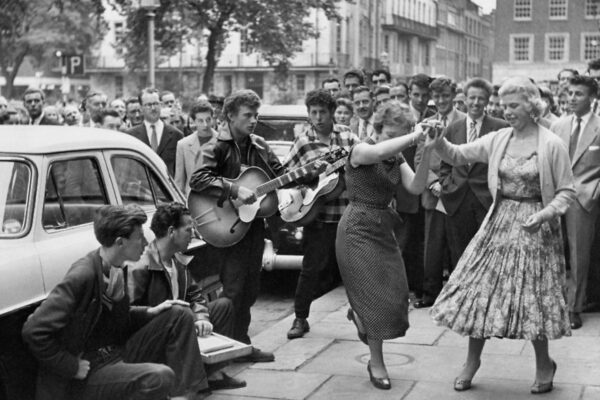
It’s 1989 and Wendy Carlos is giving in an interview to the BBC surrounded by her electronic synthesizers and her Siamese cats. The Grammy-award winning composer and pioneer of electronic music is entirely in her element, giving a demonstration of the first commercially available keyboard instrument that she helped develop with Robert Moog. No one feels the need to draw attention to the fact that she’s also one of the first public figures to disclose having undergone gender reassignment surgery a decade earlier. It makes for a rare glimpse into an era when transgender awareness wasn’t yet ready for the spotlight; when the conversation was politely ignored, and its heroes went unnoticed for their bravery.
We have Wendy Carlos to thank for the musical score for Stanley Kubrick’s A Clockwork Orange, which she composed in 1971 when she still went by her male identity, Walter Carlos. The gifted young engineer and classical composer was educated at Brown and Columbia universities before her first ever album release shot straight to No.1 on the classical charts in 1969 and became the first ever platinum-selling classical record. The electronic interpretation of Johann Sebastian Bach’s “Brandenburg Concerto No. 3,” is today regarded as one of the most influential “electronic” classical recordings of all time. From a young age, Carlos combined her talents in music and physics. By the age of 10, she had written her first classical composition and by 14, had earned a scholarship at the high school science fair for a home-built computer.

In college, she first crossed paths with Robert Moog, a pioneer in early synthesizers. “Wendy has built up lyrical sounds nobody ever heard coming out of a digital synthesizer before,” Moog told the press during the height of her career in 1985. “Nobody is in her league.”

While working with Moog during her years at Columbia University in New York City, Carlos began learning about transgender issues for the first time and sought advise from a sexologist, Harry Benjamin, today widely known in the field for his pioneering work with transsexualism. Wendy later recalled going on a date with a girl in college and feeling “so jealous of her I was beside myself”. A year before winning three awards at the Grammy’s in 1969 as Walter Carlos, the musician and composer began hormone replacement treatments to alter her appearance. Initially she found the transition period difficult and feared people’s reactions. Wendy became reclusive and often reverted to a male disguise in public, donning a man’s wig, fake sideburns and drawing on facial hair to hide her changing appearance. It was during this transitional phase that she met Stanley Kubrick, to whom she still introduced herself as Walter.

She was one of the few artists to have worked more than once with Kubrick, who also hired her to work on soundtrack for The Shining in 1980. “Stanley Kubrick was not an easy man to work for. He was vastly interesting, completely open about all his “secrets”, and had a dry sense of humor,” said Wendy upon learning of his death. “I liked Stanley, I enjoyed Stanley, I loved his intelligence and curiosity — but he often drove me nuts.”

In 1978, Playboy magazine published an interview with Carlos, in which she revealed her transgender status. The commercial and financial success of her platinum-selling album, “Switched on Bach,” had enabled her to undergo sex reassignment surgery several years earlier in 1972. “I had always been concerned with liberation,” she told the magazine, “and [I was] anxious to liberate myself”. Carlos later recalled that the public’s reaction had been surprisingly and “amazingly tolerant or, if you wish, indifferent … There had never been any need of this charade to have taken place. It had proven a monstrous waste of years of my life.”

Today the queen of electronic music, now 80 years of age, has spent her latter years exploring solar eclipses. Her work as a photographer has been published by NASA and she continues to use her background in physics to develop various techniques in eclipse photography. She has kept a low profile amidst the transgender community since her interview with Playboy in 1978, but what Wendy Carlos’s story proves once again is that gender does not need to define who we are. She relied on her artistry, intelligence, skill and dedication to get where she wanted in life and did it all with grace and dignity.















